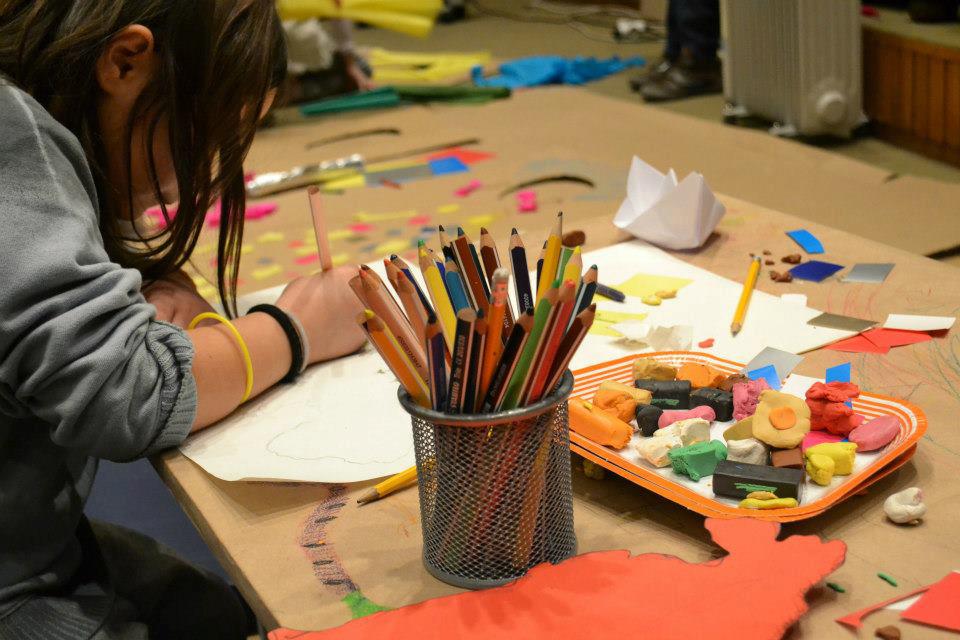The European Council has decided to cancel the next EU-Russia Summit and impose visa ban and asset freeze on 12 more individuals overRussia’s annexation of Crimea from Ukraine, warning that any further steps by Russia to destabilise Ukraine would have “far-reaching consequences.”
The European Council has decided to cancel the next EU-Russia Summit and impose visa ban and asset freeze on 12 more individuals overRussia’s annexation of Crimea from Ukraine, warning that any further steps by Russia to destabilise Ukraine would have “far-reaching consequences.”
“In the absence of any steps towards de-escalation the European Council agrees to expand the list of individuals to be subject to visa ban and asset freeze. The European Council decides to cancel the next EU-Russia Summit and notes that Member States will not hold bilateral regular summits for the time being,” the Council said in conclusions.
The list was expected to be disclosed later in the day.
“In addition, the European Council and the Member States support the upcoming G7 countries’ meeting in The Hague. They also support the suspension of negotiations over Russia’s joining the OECD and IEA,” the Council added.
“The European Union stands by the Ukrainian government in its efforts to stabilise Ukraineand undertake reforms. In this context the European Union will pursue further efforts with theinternational community to assist Ukraine,” the Council concluded.
The European Union, its member states and Ukraine will sign the political provisions of theAssociation Agreement.
“The European Council recalls that any further steps by the Russian Federation to destabilisethe situation in Ukraine would lead to additional and far reaching consequences for relationsin a broad range of economic areas between the European Union and its Member States, onthe one hand, and the Russian Federation, on the other hand.
“In this respect, the EuropeanCouncil asks the Commission and the Member States to prepare possible targeted measures,” the Council said in conclusions.
“The European Council firmly believes that there is no place for the use of force and coercionto change borders in Europe in the 21st century.The European Union has a special responsibility for peace and stability in Europe. It willremain at the forefront of efforts to facilitate and engage in a meaningful dialogue involvingUkraine and Russia, including through the establishment of a multilateral mechanism, with aview to finding a political solution,” the Council said.




